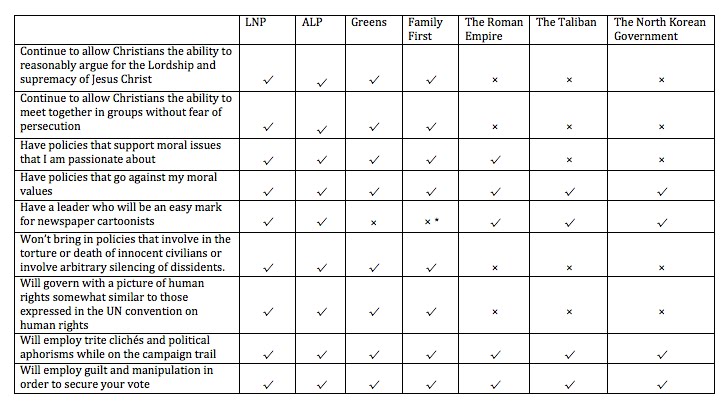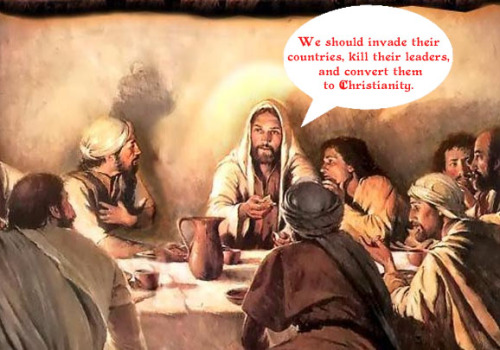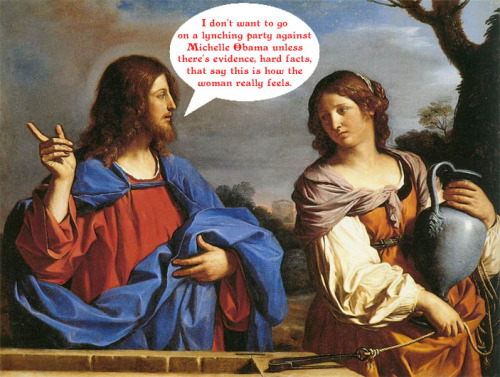Nathan often uses Hitler in religious discussions.
From what I know Europe at the time was a generally disjointed, unhappy place, and everyone knew that war would eventually outbreak, it was just a matter of when. So I wasn’t exactly sure what he was getting at between Hitler’s religion and religion’s involvement in war.
So I got Nathan to explain his point:
“It’s not that wars are based on atheism – it’s that atheism doesn’t rule out wars.
Atheism is not a cause of war any more than Christianity is.
The fact that people are sinful – greedy, power hungry, angry, evil – is what causes wars.”
I would like to make some points:
1. I don’t think evil exists as a being, thing or intangible presence. Evil is a description of behaviour.
2. Hitler didn’t do the things he did because he was evil. Some of the things he did were abhorrent, terrible, disgusting and/or evil.
3. When people do bad things, its not because they are inherrently evil, or were overtaken by momentary evilness. They did it because they were human, and humans make bad decisions for whatever reasons, are prone to being inconsiderate, to certain extent, and have different utility functions, such that some believe risking other people being injured is outweighed by the benefit of robbing the bank.
4. Morals don’t need to come from an external source. People are perfectly good at developing them themselves.
From my understanding, the French/English civil revolutions weren’t uprisings against God, they were class wars, where the poor and oppressed wanted better. I think this could be said to an extent about communism and the disputes in the first half of the 20th century.
Most recently, the war on terrorism has been labeled as a war against evil. I don’t like terrorism, but I also don’t like the way it has been discussed at times. I have always wondered, without being particularly knowledgeable of the situation overseas, if by labeling terrorism as acts of pure evil results in more harm than good, as it fails to address the root causes of offshore grievances.
Further military action in the region is not going to help in the healing of decades-old wounds, which stem from military action of the West into these regions for the past century plus. Dare I say, I think many people within these regions would hold grievances against the West. Further, relying on non-western media, these nations would also have different perceptions of why the West was involved in these regions (I am not necessarily talking about purposeful distortions of history here either, historical accounts and perceptions would likely be different between those who lived through it and those who lived back in the invading country). We can’t expect to be able to interfere with any of these regions, and not step on a few toes.
The remnants of America’s war techniques in Korea and Vietnam still remain to impact the general populace. Many of these people no doubt hold some anger towards the techniques that were used during these disputes that have a continuing legacy.
So, in summary, it may not be best labelling terrorism as acts of evil, which seems a simplistic excuse. It may be that more effort should be made to recognise that the seeds for these peoples anger were sown a long time ago, and that the West played a larger role in creating this anger than we are willing to acknowledge. What we perceive as terrorism could be the remnants of a group of people fighting a decade-old war the only way they have available. They may be cowardly tactics, attacking easy targets of civilians. But they didn’t agree to any war conventions, nor have any large military budgets or technology.
Going forward, hopefully leaders will acknowledge these lessons, and realise that you can’t interfere with a country and expect it not to have repercussions in the future. The conflict doesn’t end with the end of the fighting. More needs to be done to rebuild international relations.










